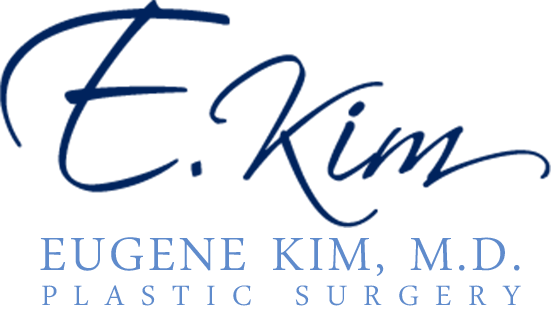Capsular Contracture
Whenever a foreign object (i.e. a breast implant) is placed in your body, it is natural for your body to respond by developing a layer of protective scar tissue around it. Unless this tissue tightens, it does not pose a problem for your breast augmentation. In most cases, the pocket of tough tissue (called a “capsule”) surrounding the implant will remain partially open, allowing your implants to feel comfortable and look natural.
Unfortunately, if the capsule tightens or closes, it can squeeze your breast implants, causing them to feel firm to the touch or even painful. This breast augmentation complication is called a capsular contracture.
Types of Capsular Contractures
Capsular contractures are categorized according to their level of severity. The main categories are as follows:
- Grade I – No palpable capsular contracture.
- Grade II – Mild. Your breast feels slightly firm to the touch, and the edges of your implants can be felt through your skin.
- Grade III – Moderate. The edges of your implant are visible through your skin, and your breast may appear overly round or spherical.
- Grade IV – Severe. Your breast is hard, distorted, and painful due to tightening of the scar tissue.
Early and Late Capsular Contractures
When a capsular contracture occurs within the first year of your breast augmentation, it is deemed “early.” Early capsular contractures are believed to be caused by a natural skin bacteria called staph epidermis, which is present on the surface of your skin. If this bacteria contaminates your implant during breast augmentation surgery, it can cause excessive tightening of the scar tissue within your breasts. Dr. Kim uses meticulous techniques to avoid contamination and maintain sterility throughout the surgical process.
Late capsular contractures occur many years after your breast augmentation, and are generally the result of a ruptured silicone breast implant. If the silicone gel extrudes through your breast implant’s shell, it can cause the scar tissue to become inflamed, resulting in capsular contracture.
If you have further questions about capsular contracture and how it can be prevented, Dr. Kim would be happy to address them with you during a personal consultation. Please contact us today to schedule an appointment. We serve patients throughout the Los Angeles, Beverly Hills, and Santa Monica areas of California.


